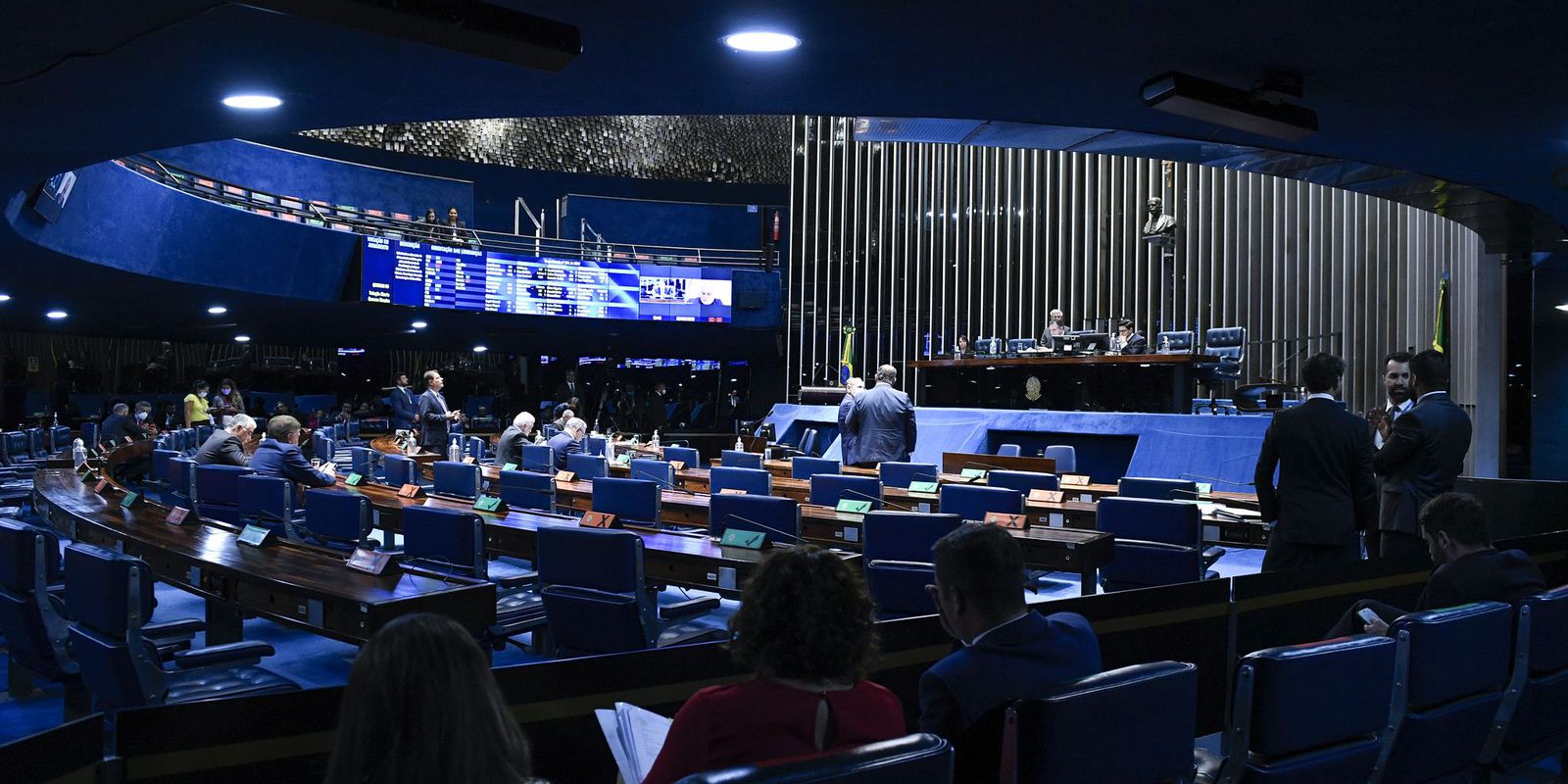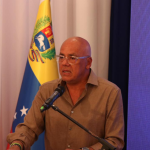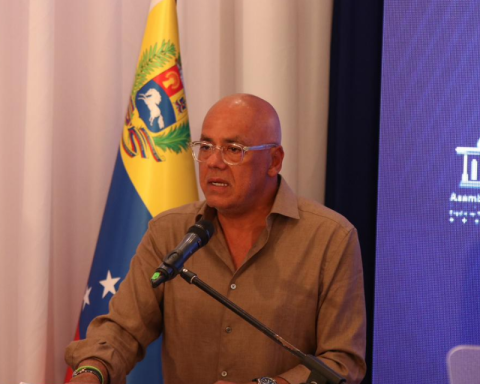The Senate approved today (10) the Bill (PL) 4.059/2021, which changes the limit on government advertising spending in election years. The text proposes a change in the calculation method to determine how much federal, state and municipal governments can spend on advertising in the first half of election years. The project will allow the federal government an increase of R$ 25 million in these expenses this year, according to an estimate by the Câmara Agency, based on information from the Transparency Portal. The text goes to presidential sanction.
The text began to be discussed two weeks ago. Last week an agreement was reached, after a strong disagreement, for the vote to take place this Tuesday, which in fact occurred. There were 38 votes in favor and 29 against. As happened last week, several senators took a stand against the project.
Senator Simone Tebet (MDB-MS) considered the project “morally outrageous”. “I never imagined that the Senate would endorse a project so morally affronted to the Brazilian population and Brazilian democracy at a time of so much social inequality, so much pain. People are starving and we have just brought the National Congress to the ground”.
The project’s rapporteur, and government leader in Congress, Eduardo Gomes (MDB-TO), said that the project corrects a distortion caused by the pandemic and, in addition, helps the advertising sector. At the time, he explained, the government needed to redirect advertising funds to produce content aimed at combating covid-19.
“We are choosing a sector because we believe that it did not have necessarily monothematic propaganda, even defined by the Justice, and that the governors of municipalities and states do not need to be accountable to society through institutional propaganda”, he said.
After the bill was approved, the opposition tried to change the start of its term to 2023, but the opposition’s prominence was also defeated. The PT stated that it should judicialize the issue and file a Direct Action of Unconstitutionality (Adin) in the Federal Supreme Court (STF).
Understand
The project deals with rules for the bidding and contracting of institutional communication services, with the management of social networks and services for the optimization of search engines, which must be bid for the modalities of technique and price or better technique, instead of using only the price, as is currently the case through the trading modality.
The author of the project in the Chamber of Deputies, Cacá Leão (PP-BA), considers that the rule meets a 2016 ruling by the second chamber of the Federal Audit Court (TCU), which recommended to the Social Communication Secretariat of the Presidency of the Republic the use of the practices provided for in Law 12,232/2010 to hire digital communication services.
Expanded article at 18:36 on 05/11
















